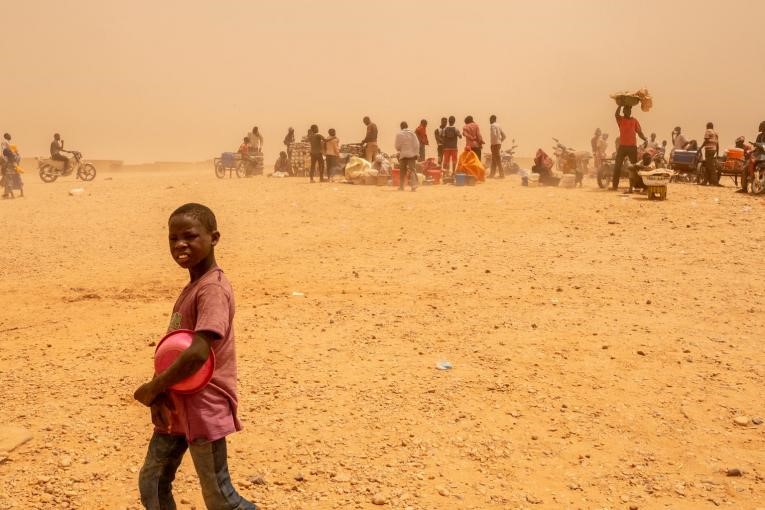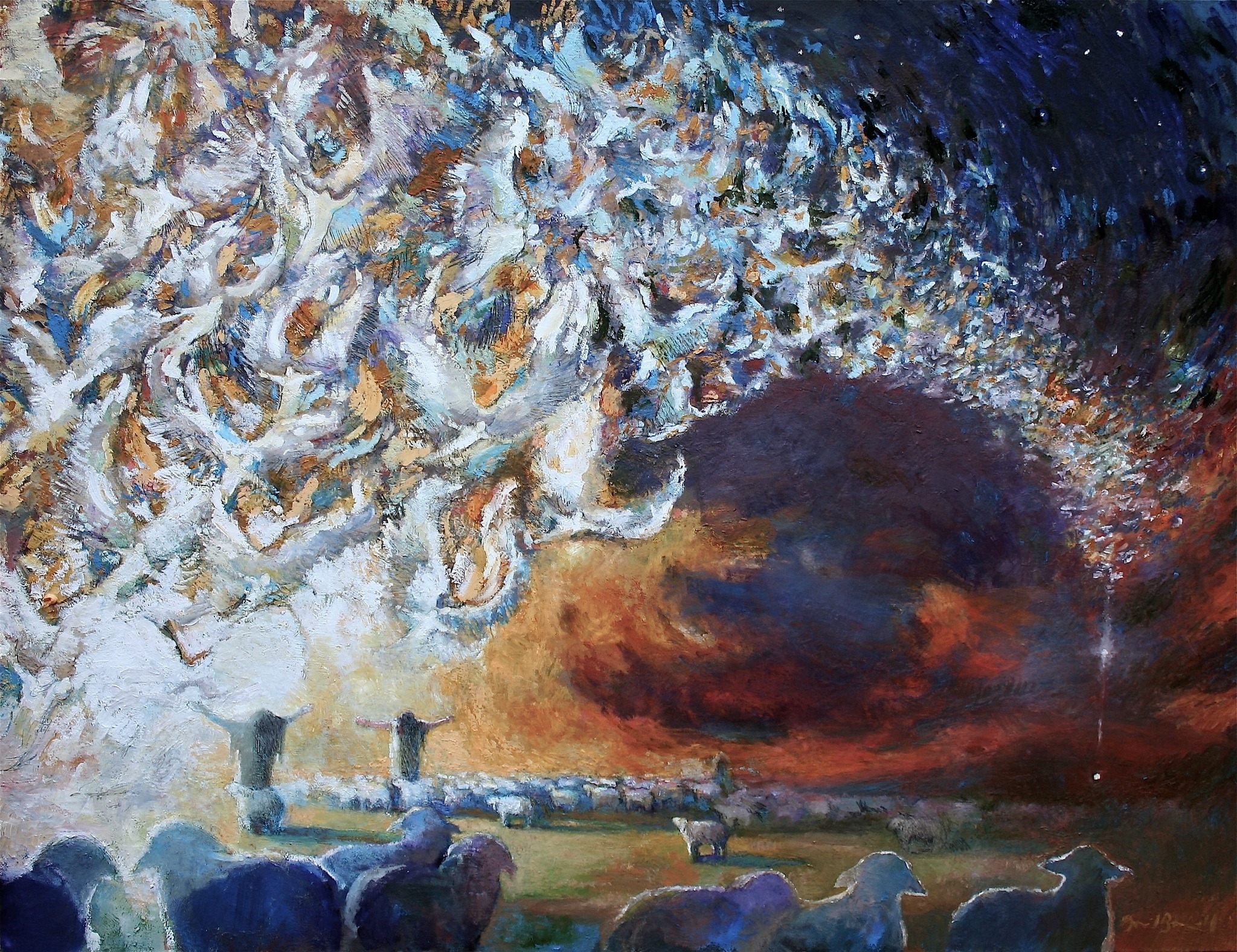– Carlos M. Frota
In the following afternoon, after classes, Agatha & Frederic spent some time together, before going home to prepare the next day’s lessons.
They were always happy to see each other, to exchange opinions about a variety of subjects, or just to nurture their mutual attraction, something more than simple camaraderie between friends.
They sat down in the campus cafeteria, where many other students were chatting in groups or reading alone their textbooks.
The chatter did not disturb the familiar atmosphere of the place. A TV screen, far away, flashed images of a soccer game nobody was following. Trying to understand their time, Agatha and Frederic were well aware that relying on their parents’ opinions to better grasp present challenges wasn’t enough. They knew, almost intuitively, that they were living in an entirely new context.
Theirs were times of change, not only in social conditions but in behaviors and … values. And the main reason for the change was, of course, the revolution of information technology. Never before has information on every aspect of life been available to ordinary people. And the internet was the culmination of what we can call the democratization of knowledge.
Their parents’ generation had much more limited access to the sources of science, technology, knowledge in general, but also foreign languages and cultures, data in every discipline.
“Think about climate change!” Agatha started. “How could our parents foresee the consequences of the way humankind was and is exploiting natural resources, without precaution, selfishly ignoring in future generations!”
“Yes,” agreed Frederic, “until the recent past, everybody thought natural resources were limitless, at the disposal of humankind in such abundance that it wasn’t necessary to manage them carefully…”
“And do you think that the problem has been solved with the international agreement reached in 2015 in Paris in order to limit carbon emissions by country?” asked Agatha rhetorically. “Governments are fighting to avoid the economic costs of changing methods and technologies,” she added, “while developing countries are claiming economic compensations to ban coal and other pollutant sources of energy!”
Frederic was aware of the reasons invoked by the poorest countries on the subject. They considered that they shouldn’t pay the price of mismanagement by more developed industrial nations during decades of absurd exploitation of resources.
Agatha was very firm in her convictions about environment protection. In a recent dissertation in class she was gratified with a high mark because teacher and classmates alike were quite impressed by the clarity of her ideas on this topic and the way she expressed them. Clearly, rationally.
“But you know, Agatha,” said Frederic after a moment of silence, “what is really worrisome is that world leaders with huge global responsibilities deny the problem, saying that it is the invention of some ill informed people! And they shamelessly express this opinion, even if it contradicts international scientific consensus on this matter!”
“The leader you are referring to is well known and everybody denounces today his position as untenable…” said Agatha.
“Yes, but he has enough power to slow down the implementation of the necessary solutions!” insisted Frederic.
They knew, for instance , that high temperatures, aggravating desertification in certain areas of the globe, were pressuring entire populations to leave their native land, adding their presence to the millions of already displaced persons in desperate search of normal living conditions elsewhere.
And they thought very often about the new challenges of poverty around the world. Not in abstract terms, but in concrete. Their university, for instance, had programs for volunteers that every summer went to different parts of the world to give their expertise in the multidisciplinary domains of community building.
They expected to enlist themselves for next summer to go to Africa. Why Africa? Not for the usual reasons of exoticism or a vague sense of solidarity towards the poor. But because they have as classmates brilliant African colleagues who spoke to them about their Continent in so passionate a manner that they felt the desire to go, to help, to be among them, to discover the people, the real people.
Watching documentaries about Africa in TV or YouTube, they already knew the huge contrast between the splendid, beautiful landscapes of a land of opportunities for everybody, and the real living conditions of the vast majority of the Africans.
They also knew of course that developing countries are not deserts, empty lands, but very often the place of intelligent people, heirs of old civilizations that historic circumstances of subjugation obliged to delay their evolution. Brilliant people just waiting for new possibilities of formal education to be able to express their full potential as human beings. And contributing in a total different manner to their societies, their new nations.
Even if African decolonization took place in their grandparents generation, Agatha and Frederic have heard how high were the expectations of fast development for such a rich continent. But this dream of a fast development didn’t materialize. For many reasons, both internal and external, but it didn’t materialize anyway.
In one of his classes at the university, Frederic learned that the United Nations was trying to achieve the so called sustainable Development Goals for 2030, a set of objectives in order to build the minimum conditions to eradicate poverty for good in the world. But Frederic was very pessimistic …
“Poverty is a very sensitive issue,” said Frederic thoughtfully.
“Do you think that people welcome foreigners in their villages under the pretext that they arrive to ‘help’? What do foreigners know about local cultures and traditions? About the realities of national governance, sometimes the source of the problems, instead of the solutions?”
“I think that after many mistakes in the past, people and organizations are more and more aware that a careful preparation is required before leaving,” said Agatha.
“But beyond more technical preparations, one simple thing is of paramount importance…”
“Which is…”
Agatha completed her observation: “ … the real motivation of the journey. What kind of spirit do we have when approaching foreigners and, much more, foreign poor people? Are we arrogant, going there to give lessons about life and everything? Do we consider poor people a kind of grown-up children, in need of tutelage?”
“I think the correct approach is to respect everyone in his or her proper context!”
And Agatha added: “ … treating them respectfully, as adults, just in need of material help and not another cultural pattern to understand life!”
“We shouldn’t simplify what is sometimes very complex,” replied Frederic. “Sometimes things are not so simple. Introducing new habits and new procedures to deal with new technologies oblige one to change, to adapt, to renounce old ways of doing and thinking…”


 Follow
Follow

